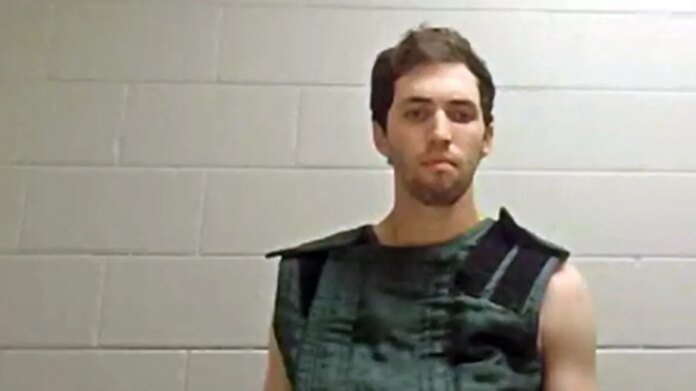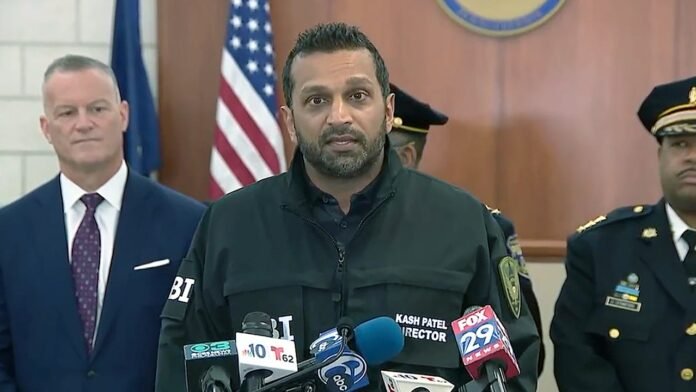In Utah, the case of Tyler Robinson—the man accused of killing Turning Point USA founder Charlie Kirk —has taken another twist. Robinson’s lawyers filed a 20‑page motion asking Judge Tony Graf to let the defendant appear in civilian clothes and without any restraints during all upcoming court sessions, arguing that the heavy media buzz already threatens an unbiased jury.
The defense says the case has become a “content tornado.” Social‑media posts, videos, and live streams of a guarded Robinson have turned public viewings into a “social‑media storm” that could color jurors’ minds before they even see the evidence in court. Because of this, the lawyers want the courtroom to stay simple: no vests that look like a bullet‑proof or suicide vest, no handcuffs or eye‑shields unless a court‑order specifically says it’s necessary.
Judge Graf agreed in a recent ruling to keep the state’s reply to Robinson’s motion “private” so it won’t show up on the public docket. The ruling also wrote that the Utah County Sheriff’s usual security rules don’t automatically apply to a high‑profile case without individual justification, a point the defense says is unconstitutional.
Robinson’s team also pointed to high‑profile statements from the likes of former President Donald Trump and Utah Governor Spencer Cox. Trump declared on the day of Robinson’s arrest that officials had found him “with a high degree of certainty” and said he “should get the death penalty.” Cox, who held a press conference that same day, announced, “We got him,” before briefing on the investigation.
Those remarks, the lawyers say, “pollute the waters of justice” and risk creating unfair bias. They cite the Supreme Court’s Deck v. Missouri ruling, which limits the use of restraints in court unless a judge has specifically set a security reason for each case. The defense believes the same principle should guide every pre‑trial appearance, especially since most court sessions are livestreamed.
Prosecutors and the sheriff have suggested Robinson could appear remotely, citing safety concerns. The defense counters that forcing a virtual appearance would violate Robinson’s right to be present in person at all stages of a capital case. They also support a ban on video and photo coverage at the courthouse, arguing that the current televised imagery can turn proceedings into a sensationalist show that could compromise jury impartiality.
The next public hearing on the matter is scheduled for October 30, when Robinson is expected to appear in person. A closed hearing last Friday covered the specific security protocol for the case, but no details were released. The Utah court’s deliberations will likely decide whether Robinson can walk into the courtroom fully clothed—or whether the state’s security measures will remain in place.
Source: Fox News
Stay informed on all the latest news, real-time breaking news updates, and follow all the important headlines in world News on Latest NewsX. Follow us on social media Facebook, Twitter(X), Gettr and subscribe our Youtube Channel.



